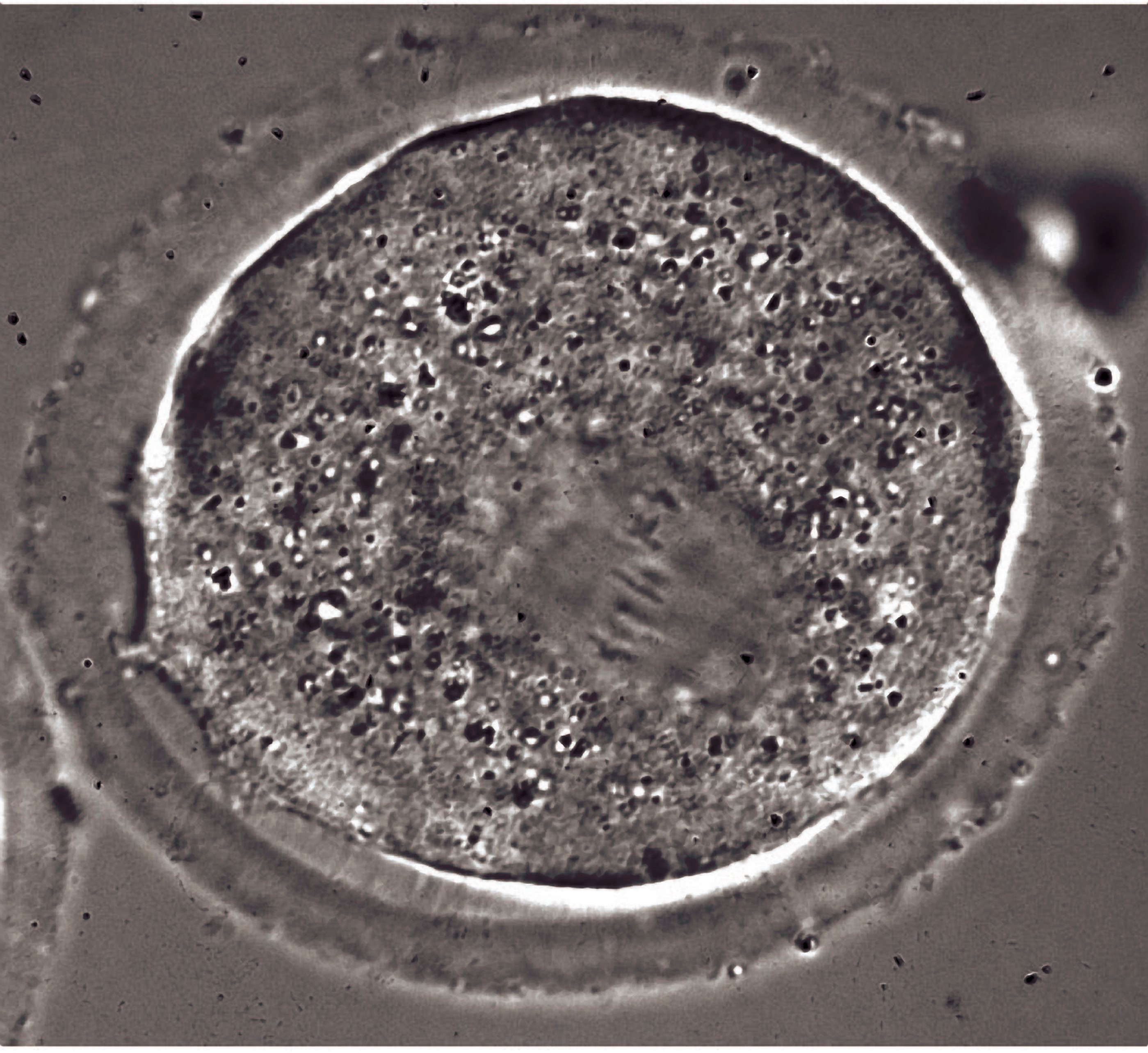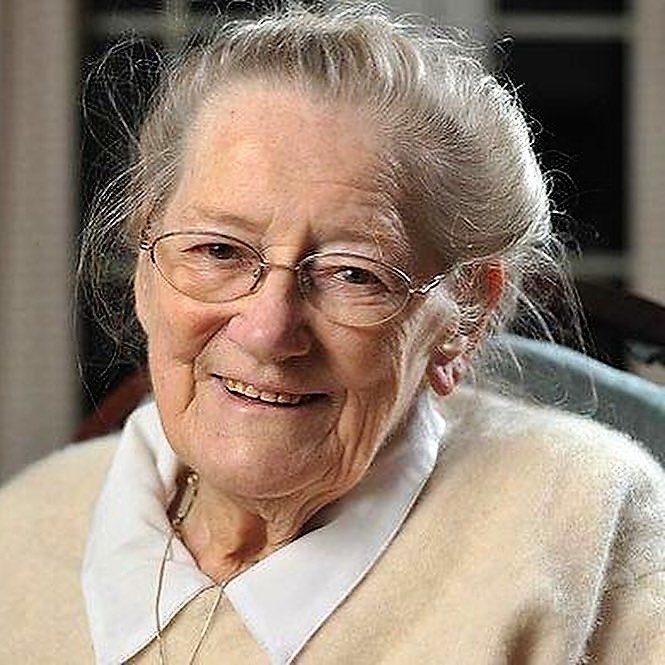
This exhibition is being curated by Professor Karen Hearn of University College London, who has written a new book to accompany it: Portraying Pregnancy: From Holbein to Social Media (Paul Holberton Publishing).


This exhibition is being curated by Professor Karen Hearn of University College London, who has written a new book to accompany it: Portraying Pregnancy: From Holbein to Social Media (Paul Holberton Publishing).


This two day symposium is being organised by the Scottish Society
of the History of Medicine, in association with the British Society for
the History of Medicine and the History Society of the Royal Society
of Medicine. The aim is to explore the development of anatomy
teaching from the earliest times to the present day.
Presentations will cover the ways in which anatomical knowledge has
been acquired, portrayed and taught. We will examine the evolution
of techniques used in the teaching of anatomy through the ages and
its relevance not only to surgery and medicine, but also to art and
society in general.
The programme includes keynote lectures, invited speakers and short
papers. We welcome short papers from a range of perspectives
including historical, social, cultural and modern innovations.
Discover research collections at this free one-day event designed for history students, researchers and writers, run by the Institute of Historical Research:
The day includes a history fair showcasing over 50 libraries, archives and other historical organisations, offering one on-one advice on your research.
Book now at www.history.ac.uk/historyday

19 November 2019, 10:00am – 4:00pm
Beveridge Hall, Ground Floor, Senate House, Malet Street, London WC1E 7HU
Contact ihr.events@sas.ac.uk
020 7862 8740

From abortion to climate crisis, intimate experiences to planetary policy, reproduction presents urgent challenges today. This debate invites participants to stand back and take a long view.
The panellists, including the editors of the field-defining synthesis, Reproduction: Antiquity to the Present Day (Cambridge, 2018), will lead a discussion of when, how and for what purposes reproduction as we know it was made.
At one extreme, we could give reproduction a history that goes back to the evolution of life on earth. At the other, we might highlight the major changes of the decades after World War II, such as the pill and in vitro fertilization. But strong cases can be made for periods in between—for ancient Greek philosophers, medieval priests, Enlightenment savants and Malthusian couples—and this event will also consider their claims.
Panel: Rebecca Flemming, Susan Golombok, Nick Hopwood and Lauren Kassell
Chair: Jim Secord
Thursday 17 October: 6:00pm–7:30pm
St John’s College Fisher Building, St John’s Street, Cambridge CB2 1TP
Entry is free, but you have to book.

Description:
This symposium will explore diverse womb-related developments from the past, present and future, investigating important ethical and socio-legal questions emerging from new and future technologies.
Historically, the womb has featured in medical, social and legal debates about women. A functioning womb saved a woman from the ‘curse’ of barrenness, but also was often blamed for women’s erratic behaviour and used to deny women many opportunities and legal rights. What can we learn from women’s ‘hystories’? Today, attempts are repeatedly made to police pregnancy, interfering with women’s rights on the grounds of fetal health, as the womb is treated as a conflict zone for public health. The womb also is a focus of reproductive futures. Until recently, pregnancy was only possible for a woman born with a healthy womb, but science is facilitating exciting possibilities for gestation such as artificial wombs. Will the womb become a non-binary reproductive organ?
Schedule:
These and other exciting questions will be addressed through three diverse sessions, each encompassing two or three prepared talks followed by a panel discussion.
9.30 – 10: Arrival and Coffee
10 – 10.15: Welcome and Introductions
10.15 – 12: Reflecting on women’s hystories: ‘wandering wombs’ in science and society (Session 1)
12 – 12.30: Coffee Break
12.30 – 2.15: Exploring reproductive autonomy: the womb and evolving attitudes, rights and responsibilities (Session 2)
2.15 – 3: Lunch
3 – 4.30: Speculating about reproductive futures: partial ectogenesis and
de-gendering reproduction (Session 3)
4.30 – 5: Close
5 – 6: Wine Reception
Confirmed speakers:
Session 1: Professor Margaret Brazier (University of Manchester), Dr Sarah Fox (University of Manchester) and Caroline Henaghan (University of Manchester)
Session 2: Professor Stephen Wilkinson (Lancaster University), Dr Nicola Williams (Lancaster University) and Dunja Begovic (University of Manchester)
Session 3: Professor Emily Jackson (London School of Economics) and Elizabeth Chloe Romanis (University of Manchester)
Confirmed panellists:
Dr Amel Alghrani (University of Liverpool), Professor Rebecca Bennett (University of Manchester), Professor Susan Bewley (King’s College London), Catherine Bowden (University of Manchester), Professor Emma Cave (Durham University), Dr Alexandra Mullock (University of Manchester), Laura O’Donovan (Lancaster University)
Mon, 4 November 2019
09:30 – 17:00 GMT
The University of Manchester
Oxford Road
Manchester M13 9PL
Admission free – register via Eventbrite
A De Partu working lunch will take place during this week’s Born Yesterday conference at the University of Nottingham. It will be held during the lunch break on Thursday 5th. An announcement will be made to confirm the venue. Non-members are welcome.
Agenda:
1. Welcome
2. The Jean Donnison Essay Prize – planning
3. Collaboration with the British Society for the History of Medicine on a proposed project, ‘History of Health Scholar’
4. Discussion of a proposal for the website content to become entirely open access
5. Review of newsletter – to continue or not?
6. Treasurer’s report
7. AOB
RCM Library and Heritage Collections: our move and temporary closure
Later this year, mid-November, the Royal College of Obstetricians and Gynaecologists (RCOG) will be moving to their new home in Union Street, located close to London Bridge.
The RCOG’s Research and Information Services, including library, archives, rare books, museum and artworks, along with the integrated library and heritage collection of the Royal College of Midwives (RCM) will be packed and moved to Union Street, before the College re-opens mid-November.
The Reading Room (library), located next to the reception area in the RCOG’s current building at Sussex Place, will be temporarily closing on Monday 19 August, in preparation for this move.
Whilst the Reading Room is closed, we will continue to respond to email enquiries. Access to eBooks, e-journals and other e- resource will also be available throughout this time. A limited document delivery service will be available.
Access to the Archives will continue as much as possible, by appointment only.
The Museum is now closed to tours and will reopen in Spring 2020.
Please note it may take longer to respond to enquiries during this time.
Please see Our New Home website for further details.
Coming home: how midwives changed birth, by Wendy Kline (Oxford University Press, 2019) is reviewed by Professor Rosemary Mander.

‘This collection comprises primarily personal papers originally deposited at the Royal College of Midwives, now held at the RCOG. It includes case registers, pupil case books, notebooks, diaries, photographs and printed material, relating to the experiences of midwives and how childbirth has changed throughout the nineteenth and twentieth centuries.’
A very useful table of contents is available via the JISC Archives Hub.
A collection of useful links is available in the members area of our website including links to archives, libraries and museums and items related to historiography…

Mary Cronk, who has died aged 86, was held in high regard by the mothers she cared for and the many midwives to whom she was an inspiration and a role model.
Mary came from a strong radical tradition. Her father was a Clydeside shop steward and her mother worked for the Co-operative Society in Gourock, Scotland. Mary’s outlook was radical: she wanted to understand how things worked socially and physiologically, and she had instinctive empathy with those at the bottom of the pile.
Mary trained first as a nurse at Glasgow Royal Infirmary, later moving to undertake midwifery training at Queen Charlotte’s in London. Her passions were midwifery and sailing. While living in London she joined the Corinthian Sailing Club where she met Joe, who she married in 1957. They sailed their boat, handbuilt by Joe, to the Mediterranean and lived on it until their third child was born.
On returning to the UK Mary worked as a domiciliary (community) midwife. She politely stood up for the women in her care, famously challenging consultant obstetricians who required all “their patients” to have episiotomies. She also supported her less brave colleagues who accidentally dropped the scissors rather than perform unnecessary episiotomies and subverted hospital policies to help mothers by the many other practices she labelled “doing good by stealth”.
In 1991 she left the NHS and worked for many years as an independent midwife, supporting women whose decisions around their birth did not fit with increasingly rigid NHS policies. She became an expert in breech and twin birth at a time when obstetricians were opting for caesarean section in such cases. She was highly skilled but not cavalier in her approach and subsequent research has shown the wisdom and safety of her practice.
Mary was loved by the women she cared for. Many women booked her for each of their births and she attended the births of many women whom she had herself helped into the world. She travelled great distances to support mothers who sought her out for her skills, her kindness and her deep respect for childbearing women.
Though never employed or qualified as a midwife teacher, Mary became one of the most famous midwife teachers in the world. She told stories, illustrated by adopting the maternal position required, or getting someone else to, as arthritis limited her mobility. She demonstrated clearly with a doll and pelvis. She used pictures in a way that enabled us to really see the mechanisms of birth. Anyone who attended the “Day at the Breech”, or heard her talking about twin or breech births appreciated the clarity of her explanation. She had so many memorable turns of phrase and her useful phrases which parents might use in answer to professional “advice” were wonderful in highlighting where power lies and where it should lie.
She was not a natural writer and her writing was a challenge to edit. Her gifts were those of someone who really understood the physiology of birth and could explain it clearly. She was a skilled observer, a good listener and her practical curiosity was phenomenal. She was of the great and ancient tradition of midwives who learned and taught as they practiced. Such midwives are now very rare. Yet her teaching demonstrated the error of the long held assumption that midwives without higher education must be ignorant.
She was generous with her knowledge and her praise, last teaching from her wheelchair at an international conference in 2016. She inspired two generations of midwives.
As Mary fearlessly supported mothers, she recognised the need for strong midwifery and lay representation on the statutory bodies which regulate midwifery. She was a midwifery board member of the English National Board, served on committees for the United Kingdom Central Council for Nursing, Midwifery and Health Visiting, and was a member of Council of the Royal College of Midwives (RCM) from 1999 – 2003. In 1998 she was awarded the MBE for her services to midwifery; she had great heart-searching as to whether to accept the honour and did so because “it is really for midwifery”.
Mary is survived by her husband Joe, her son Peter, her daughter Maggie, grandchildren Louis, Phoebe, Georgia and Ella and great-grandchildren Milo and Madelene. Her son John predeceased her.
Mavis Kirkham
February 2019
Mary Cronk, midwife, born 29 October 1932, died 21 December 2018.